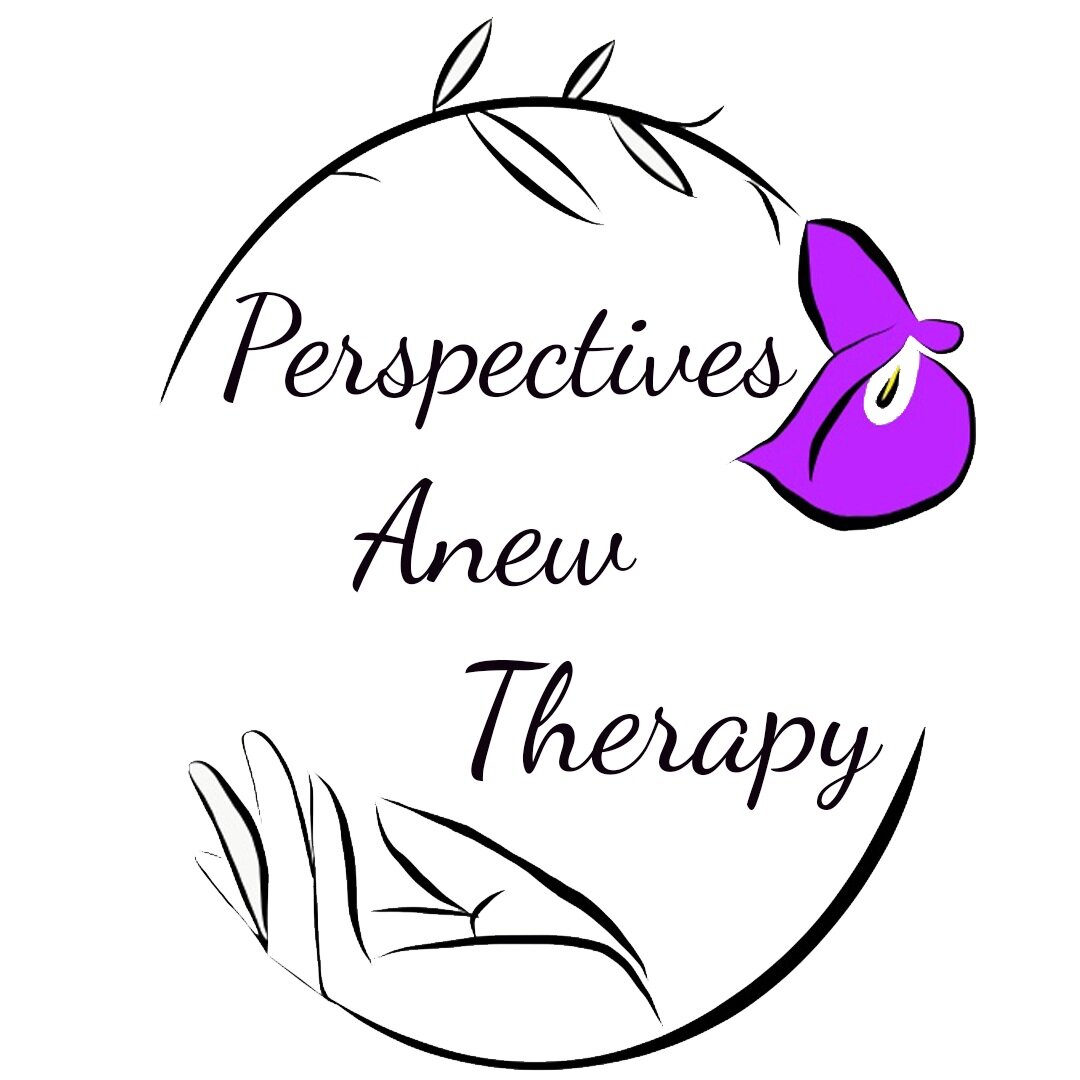Dissociative Identity Disorder
Dissociative identity disorder (DID), formerly called multiple personality disorder, is a mental health condition where an individual has two or more distinct and separate personalities. Each personality controls their behaviors at different times and each one has its own history, traits, and interests. DID can cause memory gaps as well as hallucinations, however this disorder is not genetic and develops following traumatic events such as combat, childhood abuse, or surviving a natural disaster. DID is an extremely rare disorder that affects 1% of the population, but it can occur at any age and is diagnosed more in women than men.
The diagnostic criteria for DID requires two or more distinct personalities with one being the “core” which is the individual’s actual personality and “alters” being the alternate personalities. Each alter has a specific gender, ethnicity, interests, and environment that impact their functioning. Symptoms of DID include anxiety, delusions, depression, disorientation, drug or alcohol abuse, memory loss, and suicidal thoughts or self-harm. A symptom mentioned before, memory gaps, impacts an individual’s ability to function in day-to-day life and can cause them to forget personal information and traumatic events. Typically, DID is not diagnosed until adulthood, however symptoms start to occur between the ages of 5 and 10 but are dismissed as ADHD or another behavioral or learning disability.
The recommended treatment option for DID is psychotherapy whether that is individually, within a group, or family therapy. Therapy for DID focuses on identifying and working through past trauma, managing suicidal behavioral changes, and merging separate identities into a single identity. Hypnotherapy can be recommended for those living with DID in order to recover suppressed memories from childhood. Beginning treatment when signs are displayed in childhood can help to prevent DID from further progressing. Although there is not a cure for DID, psychotherapy allows those living with it to manage the disorder and have better control over their behaviors.
Source: Cleveland Clinic
